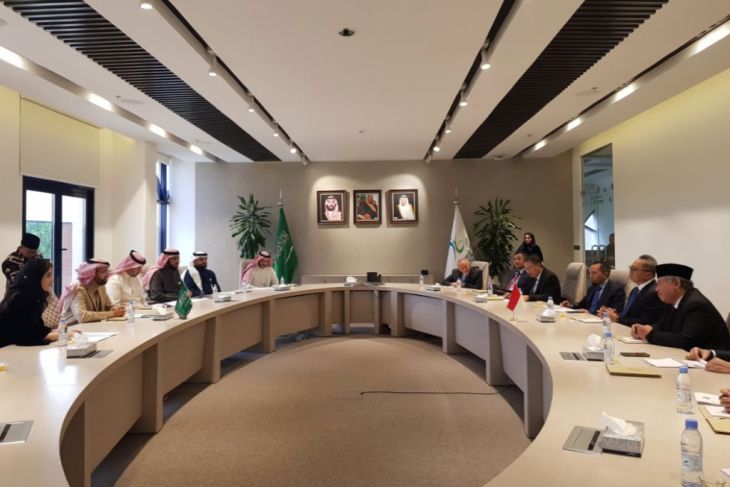Mustaqim Adamrah, The Jakarta Post, Jakarta
Local
skilled workers will have a chance next year to try their luck in New
Zealand, which has agreed to open up to Indonesian workers as part of a
free trade agreement (FTA).
The bilateral agreement, an auxiliary deal under the
ASEAN-Australia-New Zealand FTA signed in August, will create new jobs
for chefs and semiskilled workers, Trade Minister Mari Elka Pangestu
said Friday.
“Under a working ‘holiday’ scheme we just signed with New Zealand, the
country has agreed to employ 100 chefs and 100 semiskilled workers from
our country,” she told reporters at the ministry.
The ministry’s regional trade director Iman Pambagyo told The Jakarta Post
the liberalization agreement on the service sector was forged because
trade of goods between the two countries was considered “too small”.
According to the Central Statistics Agency (BPS), total bilateral
non-oil-and-gas trade stood at US$650.2 million in the first seven
months this year, around 54.6 percent higher than the $421.1 million
recorded in the same period last year.
Aside from semiskilled workers, such as nurses and oil and gas pipe
welders, another 20 language teaching assistants and 20 butchers would
also be employed in New Zealand, as stipulated in the bilateral deal,
Iman said.
“The teaching assistants will work at a number of high schools and universities,” he said.
“As for the butchers, New Zealand needs those skilled in slaughtering cattle in a halal way (allowable under Islam),” he said, adding that New Zealand exported meat to many Muslim countries, including Indonesia.
Iman said all the potential workers would have working permits in New Zealand for a period of three years.
The number of Indonesian workers entering New Zealand will increase on an annual basis.
In exchange for accepting the workers, New Zealand has requested
Indonesia gradually lower its import duties for New Zealand dairy
products and meat starting in 2020, to eventually reach zero percent.
The FTA also creates a potential market for Indonesian professionals in Australia.
Iman said Australia had a high demand for oil and gas pipe welders and agricultural laborers.
He said the two countries were still discussing details on working terms and sectors, among other issues.
“Instead of practicing a similar scheme to New Zealand’s, we’re
addressing more the issues that make it difficult for our workers to
work in Australia,” he said.
Issues include professional certificate requirements that are not
normally issued in Indonesia but are necessary for Australia employers
to confirm a worker’s skills.
The trade minister said the discussions between Indonesia and Australia
were expected to conclude before the end of the year.
The BPS recorded $4.65 billion in non-oil-and-gas bilateral trade
between Indonesia and Australia in the first nine months of the year, a
31.7 percent rise from the $3.53 billion posted in the same period last
year.



